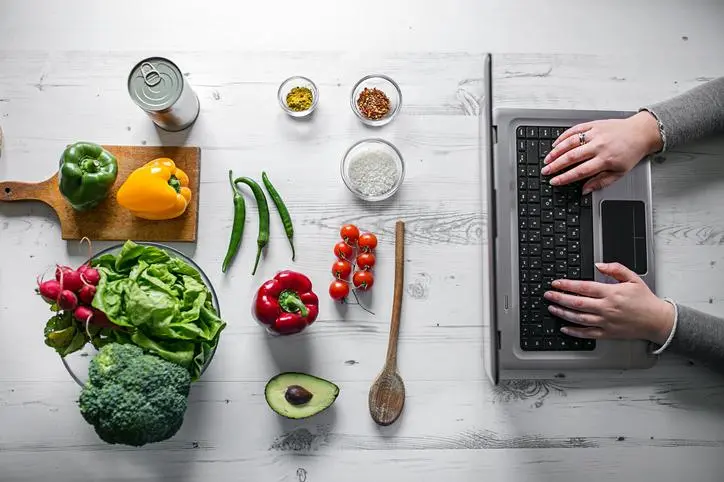PHOTO
Online grocery sales in the UAE have surged recently, as more people are avoiding crowded places and turning to online shopping amid escalating fears over the global spread of the coronavirus.
Sources in the big box retailing and e-commerce sectors in the UAE told Zawya that online transactions have been on the rise since the last many weeks, when the outbreak started, with sales surging by as much as 100 percent.
The coronavirus has now infected more than 95,000 people worldwide, with the death toll hitting over 3,000. The outbreak has prompted airlines to cancel flights, companies to send workers home as factories shut down, and governments to impose travel bans and city lockdowns.
As the outbreak worsens, there is a segment of the population that is filling up pantries with food, healthcare items and other essentials without visiting the physical shops.
Amira Rashad, CEO of Bulkwhiz, a Dubai-based e-commerce grocery platform told Zawya that online sales have gone up by 70 percent to 100 percent in the last two to three weeks, as new customers have popped up and purchases of essentials, including canned goods, water, toilet paper and disinfectants have increased.
Customers’ cart sizes have also expanded “dramatically,” with the value of purchases growing by about 50 percent to 60 percent.
“E-commerce has shown a growth over the recent weeks, prompted mainly by news of the coronavirus becoming a bigger kind of factor in decision making, both on the macro level as well as on the household level,” Rashadsaid.
“We believe that e-commerce is a hedge in the sense that people no longer want to be in places of large congregations like malls and supermarkets. And they prefer to get their basic supplies online and get them delivered,” she added.
From the physical shop to the Internet
As for LuLu Group, which operates a chain of supermarkets and retail outlets across the country, the demand for grocery deliveries has surged significantly since late February, with customers ordering fresh products, grocery items and other daily essentials.
And, as more e-shoppers and orders coming in, the retail giant has beefed up its resources to meet growing demand.
“We are seeing unprecedented levels [of demand from online shoppers] especially in our grocery segment in the last couple of weeks. The number of visitors, the number of orders, all have gone up,” V. Nandakumar, chief communications officer of LuLu Group, told Zawya.
He said the high demand is apparently coming from the segment of the market that finds it safer to stay away from public places, as the virus continues to spread globally.
“There’s a section of the society who feels it safer to shop online rather than go to shopping malls. We are seeing that traffic moving more towards online shopping,” he added.
E-commerce market
E-commerce in the UAE and the rest of the Middle East and North Africa (MENA) has been growing in recent times, partly fuelled by high internet and mobile penetration levels.
According to a white paper released by Visa in June 2019, Middle East nations are now ahead of more mature e-commerce markets such as the United States and China in terms of internet penetration, which stood at 54.5 percent in 2018, above the global average of 54.5 percent.
The total market size in the region, including all categories, has been estimated to reach $48.6 billion in 2022, up from $26.9 billion in 2018.
E-commerce sales in the UAE alone are forecast to hit $16 billion in 2019, the highest in the Gulf region, followed by Saudi Arabia, where online sales are projected to reach $7.7 billion.
“Currently, the UAE is considered the most advanced e-commerce market in MENA, with a penetration rate of 4.2 percent,” said the white paper.
(Reporting by Cleofe Maceda; editing by Seban Scaria)
#CORONAVIRUS #ECONOMY #UAE #GROCERIES #SUPERMARKETS #ONLINESHOPPING
Disclaimer: This article is provided for informational purposes only. The content does not provide tax, legal or investment advice or opinion regarding the suitability, value or profitability of any particular security, portfolio or investment strategy. Read our full disclaimer policy here.
© ZAWYA 2020





















